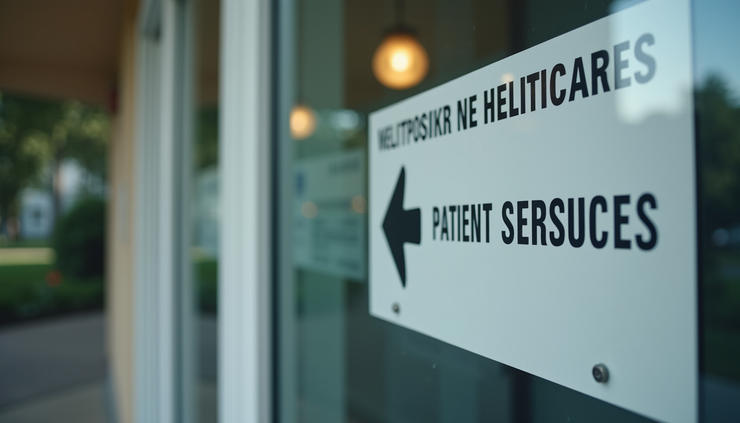Democrats Weigh Shutdown Extension While Republicans Propose New Bills Without Health Care Solutions
- edu.plus.weatherray Rome
- Nov 7, 2025
- 3 min read
The ongoing government shutdown debate has reached a critical point as Democrats consider extending the shutdown, while Republicans prepare new legislative proposals that notably exclude any fixes to health care issues. This standoff reflects deep divisions in Congress and raises concerns about the impact on government operations and public services.

The Current Shutdown Situation
The government shutdown began after Congress failed to agree on a budget that satisfies both parties. Democrats have expressed frustration with Republican bills that omit health care provisions, a key priority for many Democratic lawmakers. As a result, some Democrats are considering prolonging the shutdown to pressure Republicans into including health care fixes.
The shutdown affects numerous federal agencies, delaying services and impacting federal employees. Essential services continue, but many government workers face furloughs or work without pay. The longer the shutdown lasts, the greater the strain on public services and the economy.
Republicans’ New Legislative Proposals
Republicans have introduced new bills aimed at reopening the government, but these proposals do not address health care concerns. Instead, they focus on other budgetary priorities such as border security and defense spending. This approach reflects the Republican strategy to avoid contentious health care debates and push forward with other policy goals.
By excluding health care fixes, Republicans risk alienating moderate Democrats and some independents who view health care as a critical issue. This exclusion also complicates negotiations, as Democrats see health care as non-negotiable for any budget agreement.
The Importance of Health Care in the Debate
Health care remains a central issue in the shutdown talks. Democrats argue that any budget deal must include protections for pre-existing conditions, expanded coverage, and funding for health programs. Republicans’ refusal to include these provisions stalls progress and fuels partisan tensions.
The stakes are high for millions of Americans who rely on government health programs. Delays in funding or policy changes could disrupt access to care, increase costs, or reduce coverage. This reality adds urgency to the negotiations and highlights the human impact behind the political standoff.

Potential Consequences of a Prolonged Shutdown
If Democrats decide to extend the shutdown, the consequences could be severe. Federal employees may face extended furloughs, government contractors could lose income, and public confidence in government effectiveness may erode further. Economic growth could slow as government spending stalls.
Businesses that rely on government contracts or services may also suffer. For example, airports could face delays in security screenings, and small businesses waiting for permits or loans might experience setbacks. The longer the shutdown continues, the more widespread these effects become.
What Could Break the Deadlock?
Breaking the deadlock requires compromise from both parties. Democrats may need to accept some budgetary concessions, while Republicans might have to include at least some health care protections. Public pressure and media coverage could influence lawmakers to find common ground.
Some experts suggest that focusing on smaller, targeted agreements could help. For instance, passing a short-term funding bill that includes limited health care measures might pave the way for broader negotiations later. This step-by-step approach could reduce tensions and restore government functions.

What Citizens Can Expect Next
Citizens should prepare for continued uncertainty as negotiations unfold. Essential services will remain operational, but delays and disruptions may persist. It is important for the public to stay informed and understand how the shutdown might affect local services and federal programs.
Advocacy groups and community organizations may increase efforts to support those impacted by the shutdown, especially vulnerable populations relying on health care programs. Staying engaged with elected representatives and voicing concerns can help push for a resolution.
The government shutdown highlights the challenges of balancing competing priorities in a divided political environment. The outcome will shape not only government operations but also the lives of millions who depend on federal programs.



Comments